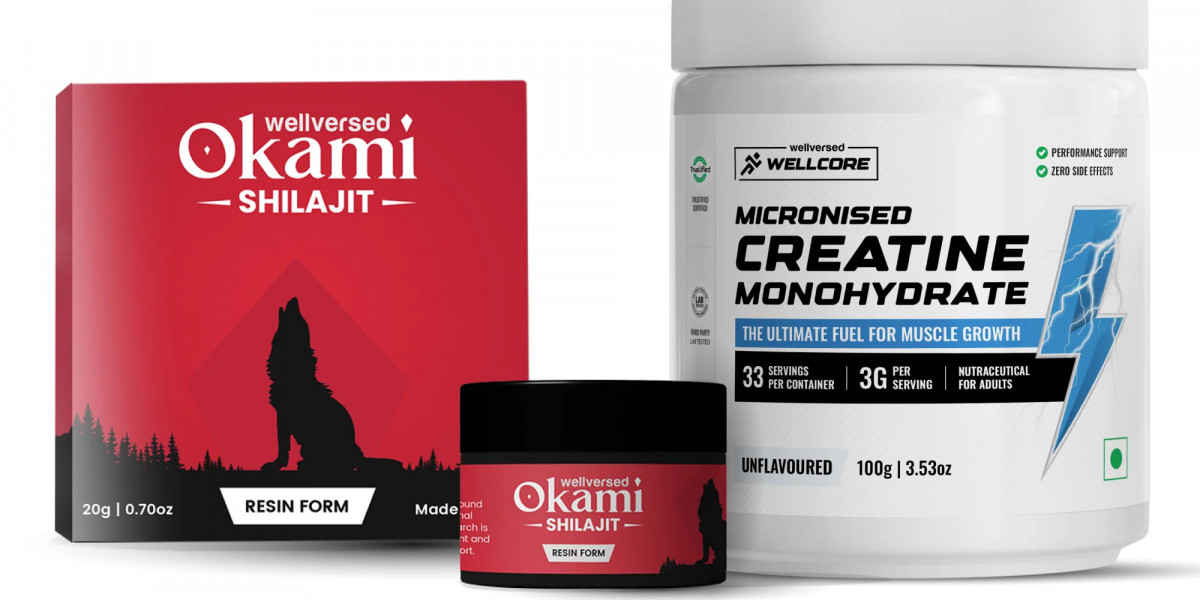Is creatine really safe? Let’s delve into the facts and debunk common misconceptions associated with this commonly used supplement.
What is Creatine?
Creatine is a naturally occurring compound that is found in trace amounts in red meat and fish. It is also produced in the body, primarily in the liver, kidneys, and pancreas. Stored mainly in muscles, creatine is crucial for energy production during high-intensity exercise and muscle contractions.
Most fitness enthusiasts require creatine supplements to enhance performance and muscle strength. The dose of creatine in these supplements is concentrated for the purpose of helping people easily achieve their health goals.

Common myths about creatine muscle supplements include:
Myth 1: Creatine causes damage to the kidney.
One of the most persistent myths is that creatine is bad for the kidneys. On the contrary, multiple researchers pointed out that healthy individuals could safely supplement with creatine. In case you already have kidney disorders, consult your healthcare provider before embarking on any supplementing process.
Myth 2: Creatine Causes Overhydration
While creatine does make muscles retain more water, this is often mistaken for bloating or unneeded weight gain. The increased water content actually benefits muscles by hydrating them and helping them recover.
Myth 3: Creatine Is a Steroid
Creatine is not a steroid. It is a natural compound that enhances the body’s ability to produce energy during intense physical activity. Unlike steroids, creatine does not interfere with hormones.
Myth 4: Creatine Only Works for Professional Athletes
Contrary to popular belief, creatine is beneficial for both beginners and advanced athletes. Whether you’re hitting the gym for the first time or training for a competition, creatine can enhance your performance and support muscle growth.
The Science Behind Creatine Muscle Supplements
Creatine replenishes the ATP stores in your muscles. ATP is the energy source that your muscles need to contract. During intense workouts, the ATP stores get depleted rapidly, and you start feeling fatigued. With creatine supplementation, you ensure that you have a constant supply of ATP so that you can train harder and recover faster.
Benefits of Creatine:
Strength and Power: Creatine enhances your ability to perform high-intensity exercises such as weightlifting and sprinting.
It minimizes damage and inflammation to muscles, allowing for rapid recovery post-workout.
It promotes muscle protein synthesis, thereby adding muscle mass over time.
Recent studies indicate its usefulness in cognitive functions, where it provides energy to brain cells.
Creatine Muscle Supplements Usage Recommendations
Creatine is beneficial for:
Athletes looking for improved performance and endurance.
Fitness enthusiasts aiming for more muscle mass.
Older adults who want to retain muscle mass and strength.
Those who participate in sports that require high intensity, like weightlifting, sprinting, or team sports.
Is Creatine Safe?
Creatine muscle supplements have been extensively tested for safety. Health organizations, such as the International Society of Sports Nutrition (ISSN), classify creatine as safe for long-term use among healthy people. However, with any supplement, moderation and proper dosages apply.
Recommended Dosage:
Loading Phase: 20 grams per day (split into 4 portions) for 5-7 days.
Maintenance Phase: 3-5 grams per day.
How to Take Creatine Correctly
Hydrate Yourself: Creatine retains water in muscles, so it is important to drink lots of water.
Use it Along with a Healthy Diet: The best way to get the maximum benefit from creatine is by using it along with a healthy diet containing proteins, carbohydrates, and good fats.
Consistency is the key to better results – not sporadic use of creatine.
Always Opt for High-Quality Products: Choose trusted brands such as Wellversed to ensure high-quality and safe products.
Minimizing Side Effects
Some minor side effects of creatine use include:
Gastrointestinal issues: Taking the supplement with meals can help to reduce stomach cramps.
Muscle cramps: Drinking sufficient water and strictly following the suggested dosages prevent cramps.
These are rare side effects and are more likely to be experienced when high doses of creatine are ingested.
Related Keywords and Their Role
In mentioning creatine muscle supplements, related terms need to be understood as follows:
Muscle growth supplement: This is another term used in place of the word creatine. The key role of this supplement is muscle development.
Performance enhancer: This is a natural performance enhancer that improves strength and endurance.
Workout recovery aid: Creatine decreases the soreness in the muscles and enhances recovery. So, it becomes a useful post-workout supplement.
Conclusion
Creatine muscle supplements are scientifically proven and safe. They bring numerous benefits for the enhancement of athletic performance as well as the growth and recovery of muscles. Understanding the facts by demolishing the myths surrounding creatine supplementation can enable you to make an informed decision regarding your workout routine.
For best results, always choose the best products, be consistent in your regimen, and maintain a proper diet. A beginner or more experienced athlete should find creatine to be something that can give them a wonderful addition to their health and fitness journey.








